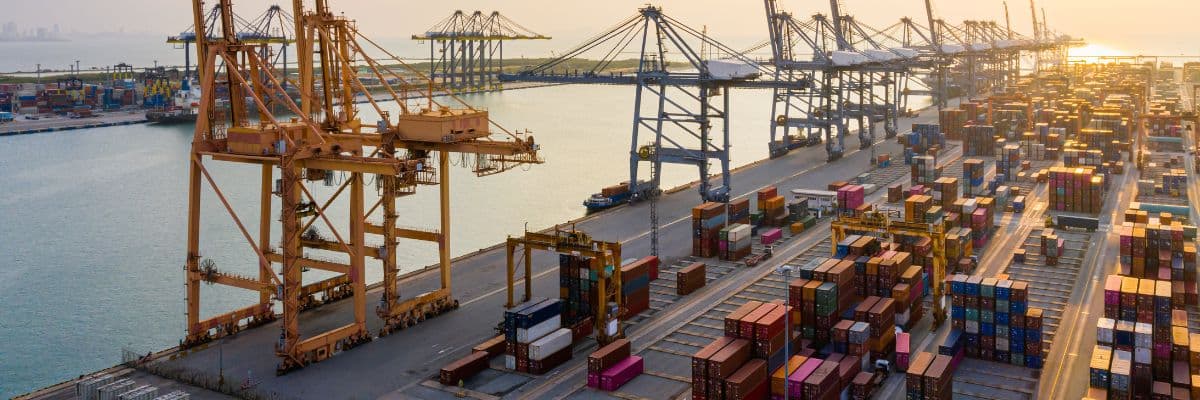Featured posts
What is the National Ship Register?
Customs management in the Canary Islands
Type of containers used in maritime transport
Ships’ engines are subject to heavy wear and tear during use and an engine room breakdown can lead to the ship’s departure being postponed, with all the consequences that this may entail. Therefore, having a good ship mechanic is the best option for resolving any incident as quickly as possible.
Why use a ship mechanic?
Ship mechanics is a complex business, as ship engines are composed of a large number of parts, connections and electrical components. This means that finding any anomaly in their operation requires a high level of ship mechanics knowledge.
A merchant navy marine mechanic must not only have the necessary experience to analyse the engine, but also the appropriate resources. Some of the most common operations are the repair of engines, generator sets and water, oil and fuel pumps, as well as air compressors, winches and all types of machinery installed on the ship.
Additionally, boiler work, pipe construction and welding work on board may be required; with turning, grinding and milling work; as well as the construction of parts, either in single units or in series. Companies specialising in the maritime sector such as Suisca Group can provide you with a good ship mechanic.
Ship mechanics specialists
A ship mechanic has a wide knowledge of ship mechanics; he can deal with all kinds of engine problems and carry out a wide range of ship repair and maintenance services.
The following is some of the work carried by a ship’s mechanic:
Mechanical repairs
- Disassembly and assembly of engine components, such as cylinder heads, pistons and coolers.
- Support to crew or technicians in maintenance and repair work.
- Repair of all types of pumps, such as fuel, oil and centrifugal ones.
- Recovery of impellers as well as exhaust valves.
- Arrangement of turbo engine generators.
- Timing of auxiliary engine injectors, as well as the replacement of nozzles.
- Construction of axles and transmissions.
- Special seal manufacture.
- Replacement of bearings and repair of shafts in electric motors.
- Replacement of seal kits and repair and construction of hydraulic cylinder pistons.
- Repair, recovery and replacement of crane pulleys and ropes.
- Brushing of engine generator cylinder liners.
- Anchor and chain replacement.
Metalwork
- All types of welding work in general, using autonomous equipment.
- Manufacture of steel pipes of all dimensions.
- Replacement and building of hydraulic steel pipes.
- Construction and repair of tanks.
- Rehabilitation of damaged hydraulic installation sections.
- Manufacture and arrangement of ventilation hoses.
- Filling and machining of welds on different engine parts.
- Manufacture of bedplates.
- Blowtorch cutting of welded parts under special loads.
